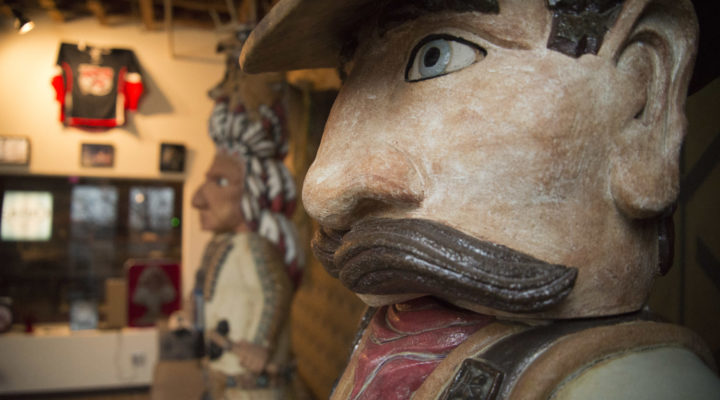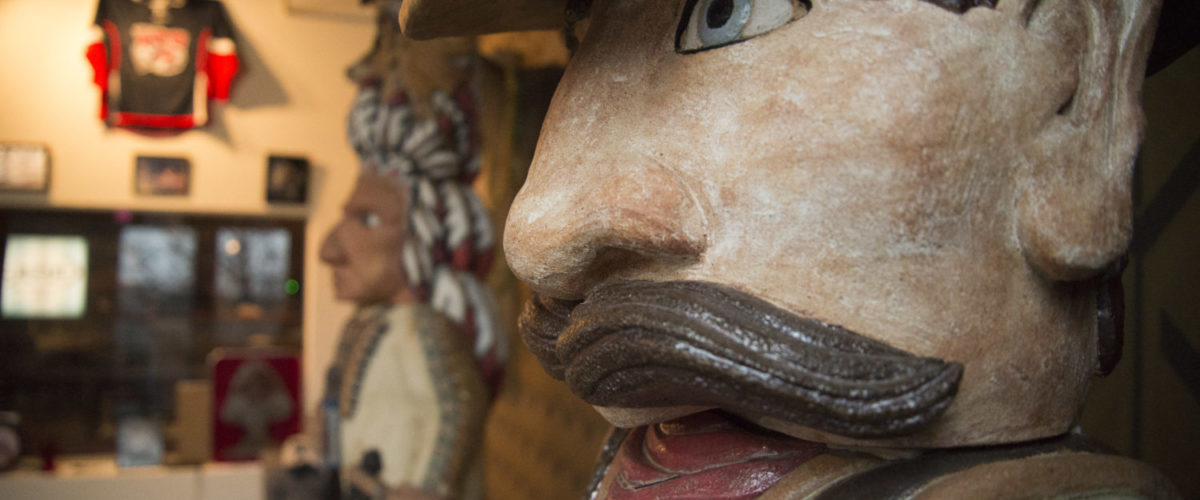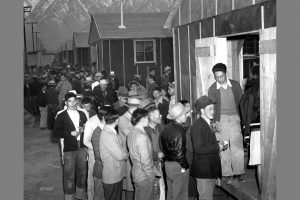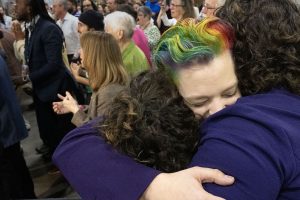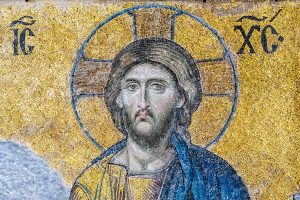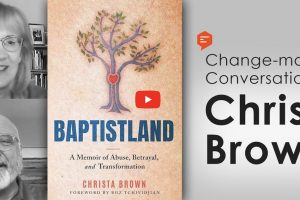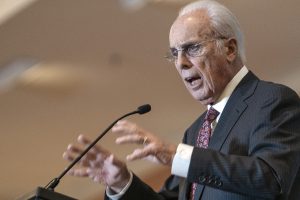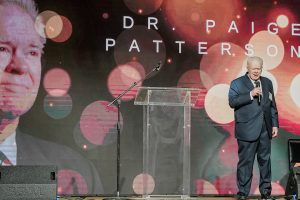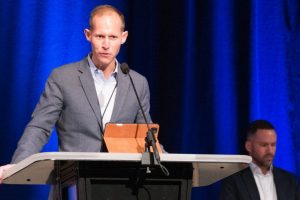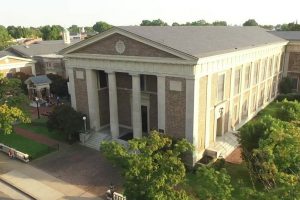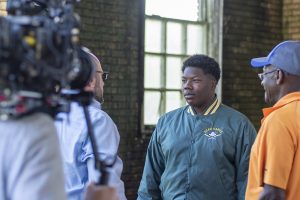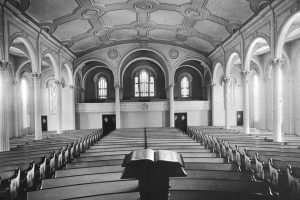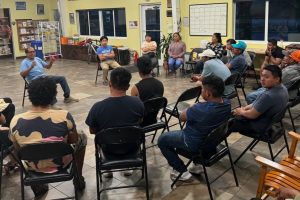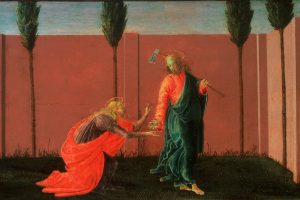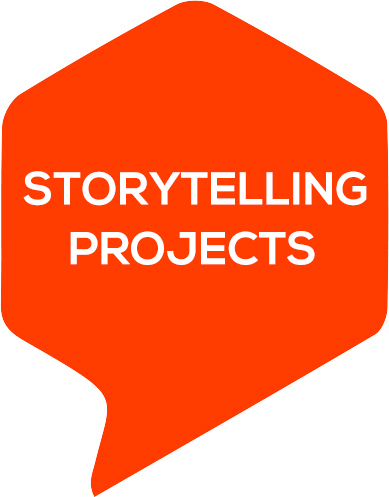 If Americana music is sacred, Macon, Ga., is hallowed ground — a consecrated destination that offers spiritual awakening to any devoted pilgrim.
If Americana music is sacred, Macon, Ga., is hallowed ground — a consecrated destination that offers spiritual awakening to any devoted pilgrim.
Pray at the City Auditorium, where Little Richard broke onto the stage for his first ever public performance. Go to confession in front of the abandoned Macon Hilton, where Elvis Presley stayed in the penthouse suite and Prince crashed the 1980 First Presbyterian Day School prom. Nobody will hear you — it’s abandoned. Take a communion of fried chicken and collards at the historic H&H restaurant, where the Allman Brothers and Wet Willie used to enjoy lunch.

The Creek 100.9 FM studio is decorated with memorabilia and signatures from previous artists. Gospel Gothic, recorded in The Creek’s studio and aired on The Creek every Sunday, is hosted by Jake Hall and discusses faith through the theme of Americana music.
Afterward, recite the sacred words to James Brown’s “Please, Please, Please,” spun for the first time at the former WIBB radio headquarters, and meditate just upstairs where Phil Walden founded Artists and Promotions, managing the likes of Otis Redding and Johnny Jenkins, and went on to establish Capricorn Records, the birthplace of Southern Rock. Convene with the departed saints at Rose Hill Cemetery where the Allman Brothers Band took refuge, wrote their first two albums and now lay buried.
Finally, when Sunday morning arrives and it’s time to worship with other believers, grab a hot cup of coffee and tune into Gospel Gothic on 100.9 FM The Creek, where the songs of Mavis Staples and Jason Isbell are holy liturgy. And you don’t even have to watch your language.
“All music is sacred, if you let it be,” Jake Hall, host of Gospel Gothic and pastor of Highland Hills Baptist Church in Macon, says.
“Inside the church, we get stuck in these genre distinctions about what is and is not worshipful, and I don’t know what that means anymore. All of that seems so very dated and foreign to me now. When I look at a Gospel Gothic setlist and consider the conversations we have, it feels like a holy and secular, profound and profane liturgy.”
Since 2016, that liturgy of roots music and candid conversation about faith has distinguished Hall’s Sunday morning radio program Gospel Gothic as an unlikely yet utterly compatible force among Macon’s most devout church-goers as well as its most resolved agnostics. Hall and his executive producer Keith Gammons, both leaders in religious life, proudly admit that, despite being inspired by the church lectionary and centuries of Christian theology, they are ultimately speaking Macon’s first language in music.
“Something happens when music and honest conversation come together. It draws out a sense of the sacred in any music, especially when you intentionally allow that music to be an interpretive lens for what you were just talking about,” Hall explains. “The music then carries not only the inherent meaning that the songwriter intended, but the context of the conversation then allows you to hear different harmonics within that song, and meaning happens between table, talk, artist and song in a way that couldn’t otherwise with any of those things missing.”
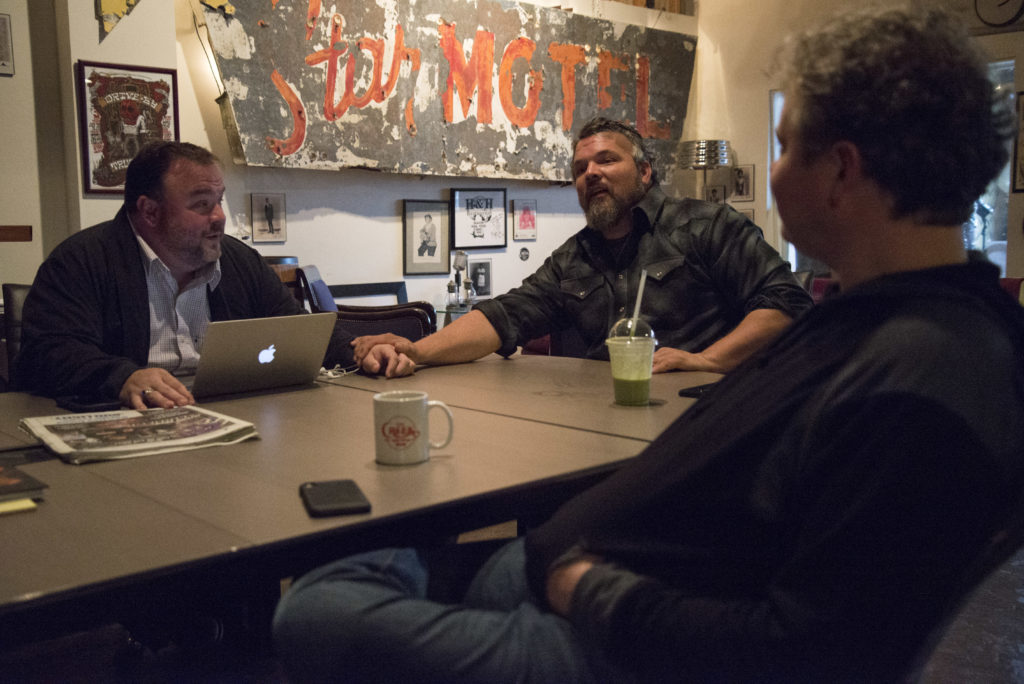
Brad Evans (middle) grabs Jake Hall’s hand (left) while talking about previous episodes of Gospel Gothic with Hall in a meeting with Wes Griffith (right) to discuss the topic of this week’s Gospel Gothic show on The Creek 100.9 FM in their office on Wednesday, Feb. 7, 2018.
It’s 15 minutes until showtime on Wednesday morning, which means Hall is still editing the day’s playlist on his MacBook outside the studio. Divine inspiration must be fluid, he laughs, perhaps more fluid than he’d wish. His co-hosts and owners of 100.9 FM The Creek, Brad Evans and Wes Griffith, join Hall at the board table for the chat before the chat — Lent is about to begin and this year Valentine’s Day falls on Ash Wednesday. Jokes abound but are promptly met with a recurrent refrain: Save it for the studio!
After a quick sound check, the trio settles in front of their studio mics to examine the nature of gritty, authentic love versus the cheap, drug-store variety that comes wrapped in plastic every Feb. 14. But first, Fat Tuesday.
“I mean, I’m ready for Tuesday now,” Hall declares, after Professor Longhair’s boisterous piano blues number “Go To the Mardi Gras” fades to silence.
“So what do you two think about this spiritual tradition of the faithful to call you to one night of sinning before you repent the next day?” Hall asks Evans and Griffith, the resident skeptics of the Christian church and its frequently misguided attempts at love and right living.
“I like to spread my sinning out throughout the year, Jake. I sin fairly consistently from Jan. 1 through to Dec. 31,” Evans quips.
“Everybody needs an outlet. It’s not good to bottle things up,” Griffith adds.
Hall continues to parse the meaning behind the infamous day of debauchery, but not before the Wood Brothers chime in with their 2015 cut “I Got Loaded.” And no, they aren’t singing about money.
“There’s something about this exploration of human nature that happens on Mardi Gras,” he adds.
“It’s a little bit of soft debauchery that’s supposed to remind us of some larger darkness in the world. We have a little bit of playful, soft excess, but we’re playing around with some deadly things. Those soft sins can lead you down a pretty dark road, and a culture of excess can be bad for a whole community and not just a hangover for you the next day. So if you’re looking for it, Mardi Gras is a great lesson, in that it’s more than just your personal sins on display. It’s the frailty of the world writ large, and if you allow it to be a spiritual lens for the season to follow, Mardi Gras can be a tool for faithfulness.
At the punch of a spacebar, Sturgill Simpson’s sonorous growl breaks through the headphone feed with a familiar ‘Two, three, four!” and we all drift into hillbilly heaven as Simpson thanks God for “this here life of sin.”
“All music is sacred, if you let it be” – Jake Hall
Ultimately, crafting a meaningful liturgy with Gospel Gothic means resonating with the real lives and honest faith of the Macon community, executive producer, and Highland Hills member Gammons says. In doing so, Gospel Gothic holds two mutually indispensable forces in tension. Americana music without the unpacking of an ever-complicated religious environment is available 24 hours a day, and faith talk without the redemptive lens of celebrated roots music is redundant at best. Yet, combining the two offers a spiritual connection to those who rarely find religious ground holy or even safe, Gammons explains.
“A lot of our listeners are the unchurched, the de-churched, the ‘nones’ and the ‘dones.’”
“I think this gives them a place where they can connect to a spiritual life, whether or not they come to Highland Hills or any other church. Macon is seeing a real renaissance downtown through a rich history and connection with music, from Little Richard to Otis Redding to the Allman Brothers. We see this as a way for Highland Hills to connect to that and share in what’s kind of the common language in Macon, which is this love of music. Gospel Gothic interlaces the music they love with an honest conversation that asks questions they might be asking and explores issues they might be considering.”
Nearly every Gospel Gothic listener can recall moments that felt more transcendent perhaps than any church service they’ve attended, such as the episode following the violent white supremacist rally in Charlottesville, Va. On a Sunday when words struggled to suffice, the prophetic liturgy of Woody Guthrie’s “All You Fascists Bound to Lose,” Mandolin Orange’s “Wildfire” and Shelby Lynne and Allison Moorer’s “Not Dark Yet” spoke healing and redemptive power into Macon’s collective heart, Gammons says.
Music has become so transcendent, in fact, that some of Gospel Gothic’s favorite artists have now acquired sainthood — an achievement of which Hall of Fame singer Mavis Staples was notified during her last visit to Macon. And that’s St. Mavis to you.
Back in the studio, Hall, Evans and Griffith have all but expelled their memories about past Fat Tuesdays and hazy Ash Wednesdays. Yet, conversation about sin has rarely, if ever, been redemptive for Evans, Griffith and countless other listeners.
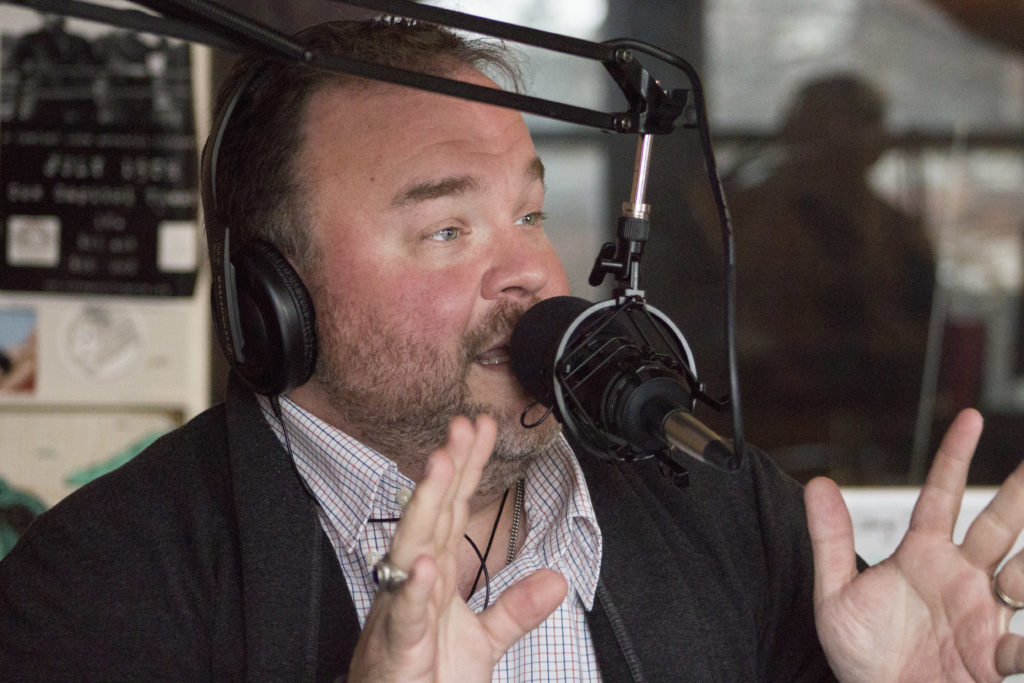
Jake Hall, pastor of Highland Hills Baptist Church, records this week’s episode of Gospel Gothic for The Creek 100.9 FM on Wednesday, Feb. 7, 2018 in The Creek’s recording studio.
“So Ash Wednesday is a day of confession, that should remind us of redemption,” Hall continues.
“But too often, the church, especially in the South, has stressed our brokenness and our inability to do anything to make our own lives better. Were you called a beautiful child of God from those pulpits or were you called a wretch, Wes and Brad?”
“There’s no doubt,” Evans says. “It’s all about, ‘Oh God, what have I done?’”
“What kind of shadow was cast over you by Southern evangelists and sweaty preachers?” Hall continues.
“It was fear for me,” Evans admits. “It made me afraid. It made me worry that there was nothing I could do to stop what was coming for me and for everyone around me, that we were never going to be good enough to escape damnation or hell. That kept me worried and frightened, and eventually caused me to run as far away as I could from the church.”
“Well, imagine if, in your spiritual history, someone told you that you were a wretch and sinful and broken,” Hall says, ‘but also told you that you were beautiful and blessed and worthy.”
“That’s a paradox, but it’s the space between both of those things that this very week reminds us of, right? That’s a lesson that can help us take a step in our own path of redemption in our lives and for this world, because then you’re not just broken and helpless, only waiting on a passive reception of grace. You have an opportunity to be a part of your own redemption and the redemption of the world. So maybe there is a way back to Eden after all.”
“Where were you when I was 5?” Evans asks.
“I was 4 when you were 5,” Hall laughs.
As the Americana pastor turns back to the mic and invites all to hear the good news of grace and redemption, the soft shakers and tambourines commence Blackberry Smoke’s “No Way Back to Eden.”
“Bless my old black dirty heart,” they sing. “Throw these memories away / I’ll watch the sky for that morning star / And I will let it light my way.”
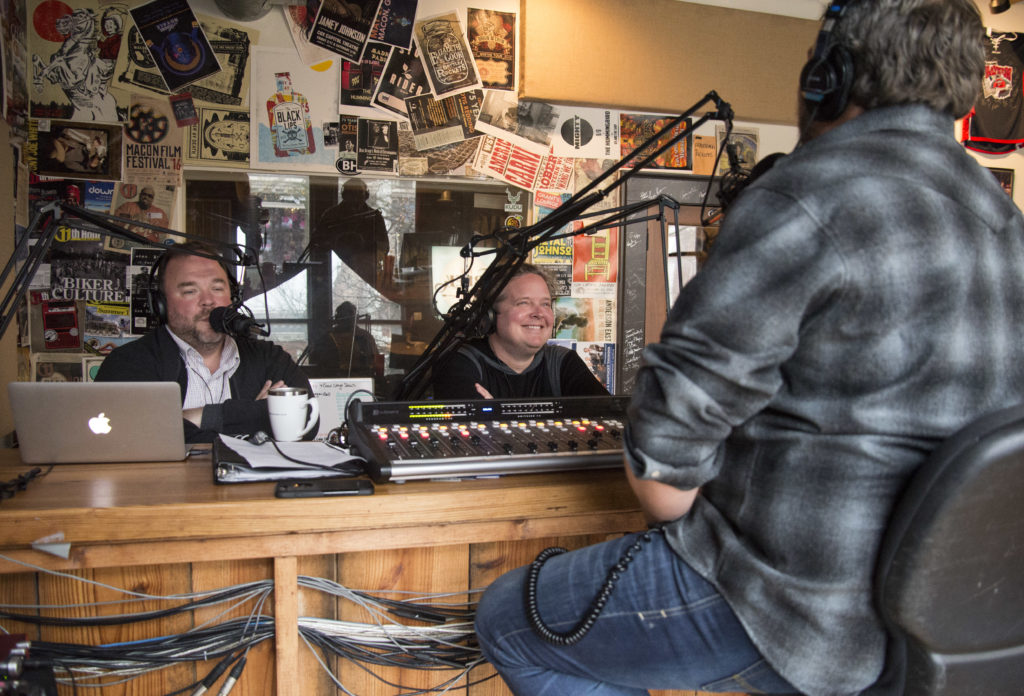
Jake Hall, Wes Griffith and Brad Evans (left to right) record this week’s episode of Gospel Gothic for The Creek 100.9 FM on Wednesday, Feb. 7, 2018. Gospel Gothic is hosted by Jake Hall, pastor of Highland Hills Baptist Church, and discusses faith through the theme of Americana music.
View more in the Jake Hall: Gospel Gothic Series
Down to the River: A Pastor’s Journey Toward Real Life, Real Sin and Real Redemption
The Christ-Haunted Hosts of Gospel Gothic
Photo Gallery: Jake Hall and Gospel Gothic in photos
Video: How Gospel Gothic got its start
Video: Jake Hall remembers most profound moments on Gospel Gothic
Video: Why use music for outreach in Macon
Video: How the magic is made at Gospel Gothic
Related Commentary:
Signature Ministries: “The art of human contacts” by Bill Leonard
Related audio:
Listen to their archives or explore the show on the Gospel Gothic site.
This series in the “Signature Ministries” project is part of the BNG Storytelling Projects Initiative. By studying ministers or churches who practice “Signature Ministries,” we learn from communities who respond to the needs around them, engaging and energizing members in specific ministries that turn them outward on the world. We will specifically profile ministers who lead through their passion and zeal for an interest or a skill that connects with their community outside of the role they would normally play as pastor, leading their congregants to see Christ in others and reaching the needs of the world around them.
Seed money to launch our Storytelling Projects initiative and our initial series of projects has been provided through generous grants from the Christ Is Our Salvation Foundation and the Eula Mae and John Baugh Foundation. For information about underwriting opportunities for Storytelling Projects, contact David Wilkinson, BNG’s executive director and publisher, at [email protected] or 336.865.2688.

